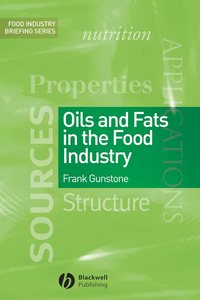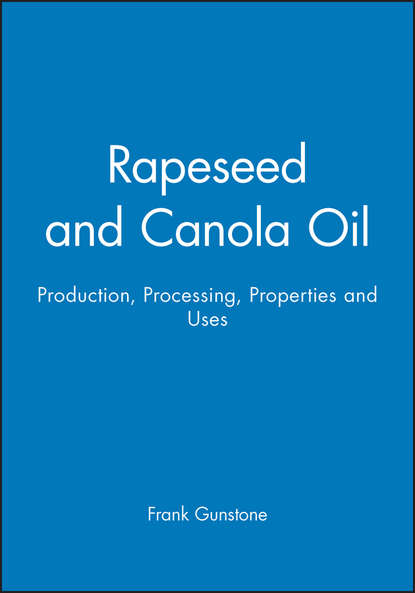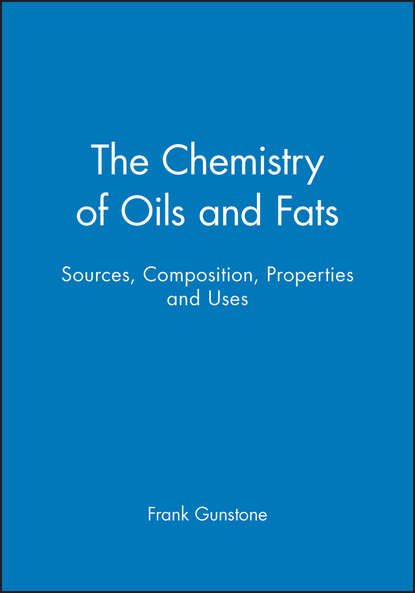Frank Gunstone - Oils and Fats in the Food Industry

Oils and fats are almost ubiquitous in food processing – whether naturally occurring in foods or added as ingredients for functional benefits and, despite the impression given by several sources to the contrary, they remain an essential part of the human diet. However, it is increasingly apparent that both the quantity and the quality of the fat consumed are vital to achieving a balanced diet. Health concerns regarding high-fat diets continue to have a high profile, and still represent a pressing issue for food manufacturers. This volume provides a concise and easy-to-use reference on the nature of oils and fats for those working in the food industry and for those in the media seeking to advise the public on consumption. Written in a style that makes the concepts and information contained easily accessible, and using a minimum of chemical structures, the nature and composition of the constituents of oils and fats are explained. The major sources of food lipids (vegetable and animal fats) are outlined, along with their physical characteristics. The book also focuses on the current main concerns of the food industry regarding oils and fats use, including: the nutritional properties of fats and oils and their various components; links between chemical structure and physiological properties; and the role of lipids in some of the more important disease conditions such as obesity, diabetes, coronary heart disease and cancer. The final chapter is devoted to a description of the most common food uses of oils and fats. The book will be of interest to food industry professionals, students or others who require a working knowledge of oils and fats in the food industry.





